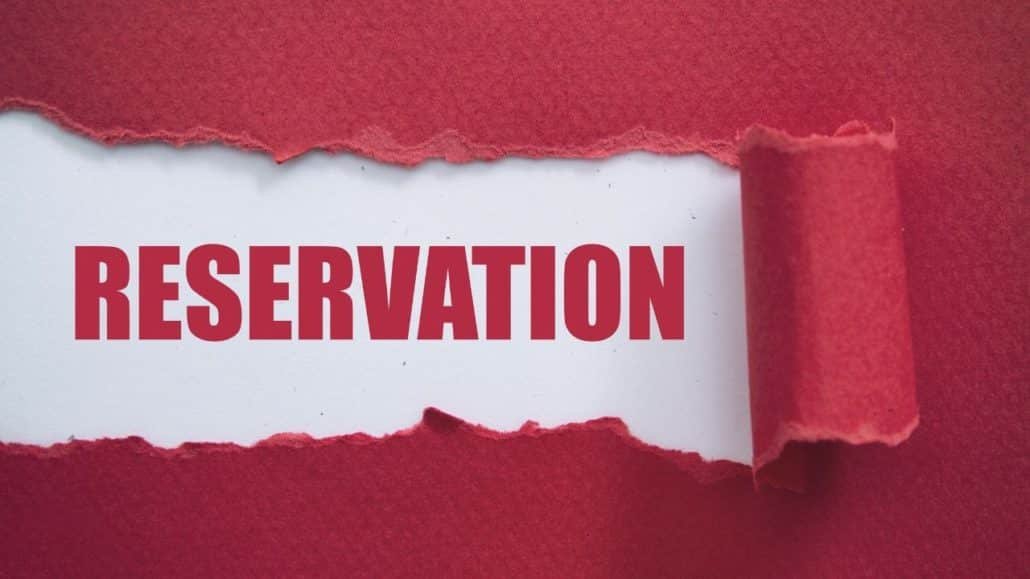Article 21 (a) talks about free and compulsory education to the children of age group 6-14 years. That equality is not continued as the child grows. Reservation brings a gap between students.
School is the place where children are educated and are embedded with values of equality and indiscrimination, but education now is getting privatized at all possible levels and has become a commercial business.
Amidst all problems against education, Reservation is something incomparable and has taken many forms with changing times. I am not going to protest against it, there has been a lot happening off late. It’s time to get into a real business and talk facts.
Let’s talk about its origin.
Way back in those times of kingship, Maharaja Shahu the king of Kohlapur, introduced the primitive concept of reservation for the non – Brahmin and backward classes in 1902.
It was against the quotas that were existent in favour of few castes. It is a known fact that in those times Brahmins were considered to be the most respectful and superior class of people and all others were inferior to them.
Eventually as the nation progressed into the pre – independence period, there was a significant act passed during the British rule by name, Poona act, w.r.t reservation.
I shall not discuss about the controversy created, but this is something to be aware of. After independence, the country’s affirmative action programme was launched and brought in major reforms in favour of the backward classes.
The actual and eloquent incorporation of reservation into the constitution was when Dr. BR Ambedkar as part of the Mandal Commission introduced it considering the then economic, political and social scenario of India. It was done to raise the standards of education and quality of life of the lower classes of the society and abolish illiteracy, leading India towards the path of development. Fortunately or unfortunately that very notion of reservation has changed from the initial idea of existence.
Sadly, we are still in the illusion that India is in that development phase.
Why I had to brief you all readers about the history? At every stage where there was a requirement for reservation, you had factors like un-touchability and poor literacy rate. But in the current situation there is no inequality from the law perspective. It is all voluntary amendments that we made. This is what I wanted you to be cognizant of.
Derisively, reservation has many branches of: religion, caste, gender and economic status (management quota). Those are the officially mentioned ones; unofficially we have a lot of reservations and recommendations prevalent in India.
There is no denial in the fact that there has been an enormous spike in the cultural exploitation and atrocities against a particular category of people of the lower classes. This issue has to be immediately addressed. But it isn’t getting highlighted in the electronic and print media.
I mean clearly there’s no help from this concept of reservation. Though there is a category for them, not every reserved person is literate. The pressure groups and political leaders are supposed to root for this cause, but they indulge in goofy party politics and just see it as succour to their vote bank. Indeed there has to be a politician amendment act (I making my own law ;-p), stating that uneducated people shall not be allowed into politics.
At least then, people will start acting on the negligence towards education.
Why do most of the Indians settle abroad after their education or for employment? Why the skilled resource in India is depleting at a faster rate? Is it because all of us have whopping dreams of studying in prominent universities and working with a higher currency. Ever thought??
Today all sections of the society have developed socially, economically and culturally. There is poverty in all sections and not specific to one. Hence, the need for reservations is limited.
Adjusting reservation at every stage of growth is backfiring. The main reason for education to get commercialized is reservation. From exam entrance fees, cut-off marks to donations and admissions in reputed colleges there is a disparity between the castes. Caste and capital have their regulation over knowledge and merit. With so many restraints and restrictions, settling abroad seems to be a much easier option.
Allocating quotas and categories is contrary to the fundamental right to equality and freedom of choice.
Having a look at the current political scenario it is impossible and to an extent illogical to eliminate reservation. In a broader perspective, there has been no social discrimination towards the upper caste people. Statistics show that 65% of the schools in India need proper basic amenities and infrastructure; not reservation.
Reservation should be prevalent in the form of monetary support: scholarships and relaxation in fees for the under-privileged sections of the society and not at the cost of knowledge. If by merit, they secure the rank or seat, monetary support should be provided, but there shouldn’t be any discrepancy in evaluation and criteria for selection.
Also primarily, reservation shouldn’t be hereditary. If a person is entitled to such reliefs and exceptions, it is due to his/her financial status and cannot be passed onto generations, because that would be misuse of the allowance.
The youth of a nation are the building blocks for its growth and progress. Each and every one of them is ready to contribute to the society and serve the nation, given the right resources and opportunities.
Education is the best tool for achieving this. More than anything else, for me, education is the only wealth that an individual need. As someone rightly said, knowledge is divine. It is that wealth that should be in everybody’s possession.
The change we talk about in the society can only be accomplished through education. It is the most powerful weapon that can be used to change the world.
Also Read :
